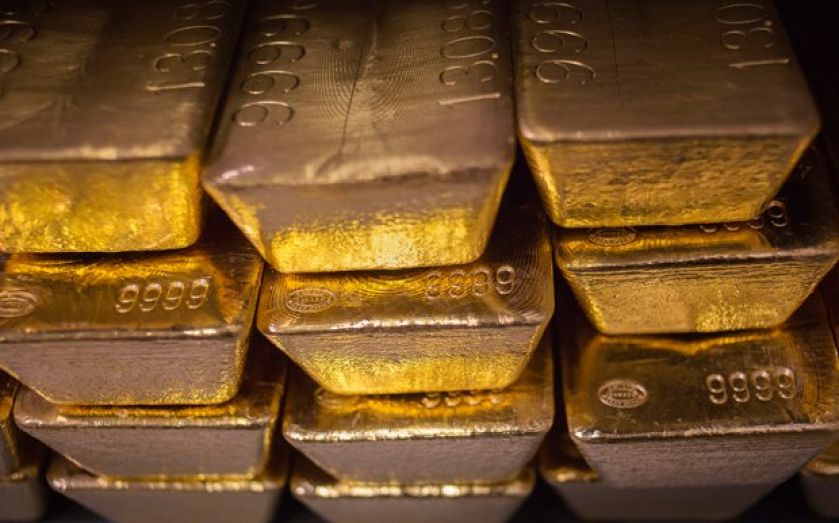World Gold Council summit set to reform shaky gold fix process

Gold industry experts will meet next month to discuss reforms to the gold fix, after a series of setbacks for London’s historical price-setting organisation.
The World Gold Council announced the sector’s summit yesterday, with a first meeting scheduled for 7 July. The group said that bullion banks, refiners, central banks, exchange-traded fund and miners would be invited to the discussions.
The gold fix, which began in 1919, runs an auction twice daily, and the relative supply and demand for gold between the banks which were involved determined the fix price.
“The fixing process was established almost a century ago, so it is not surprising that it needs to change to meet today’s market expectations for enhanced regulation, transparency and technology. Modernisation is imperative in order to maintain trust across the industry,” said the World Gold Council’s managing director for central banks and public policy, Natalie Dempster.
She added that reform could bring in some alternative way of establishing a benchmark level, with “transparency, liquidity and independent oversight”.
The council laid out several elements of reform to the method that they would like to see, including publishing the banks’ input data, not just the resulting price.
Similarly, they said that the price “should be calculated from a deep and liquid market, through which a significant volume of gold flows are transacted”.
Last month, Barclays was fined £26m for issues that led to an individual’s manipulation of the fix. In March, it was also reported that AIS Capital Management would sue the five banks involved in the fix, alleging that they conspired together to manipulate the price.
Deutsche Bank stepped down entirely from its involvement at the end of April, without finding a buyer for the seat it had held since the 1990s. There are four remaining members: HSBC, Barclays, Scotiabank and Societe Generale.